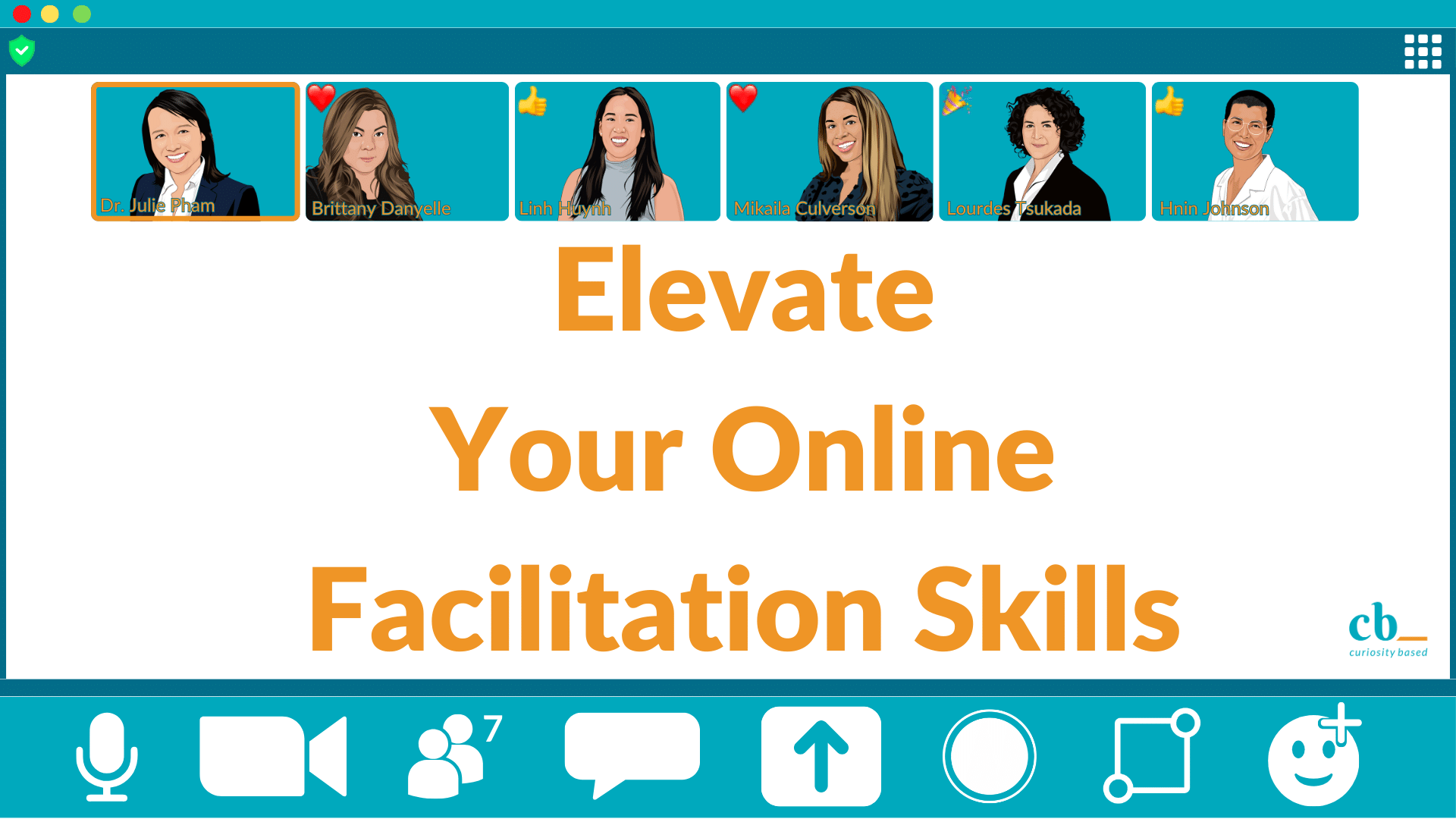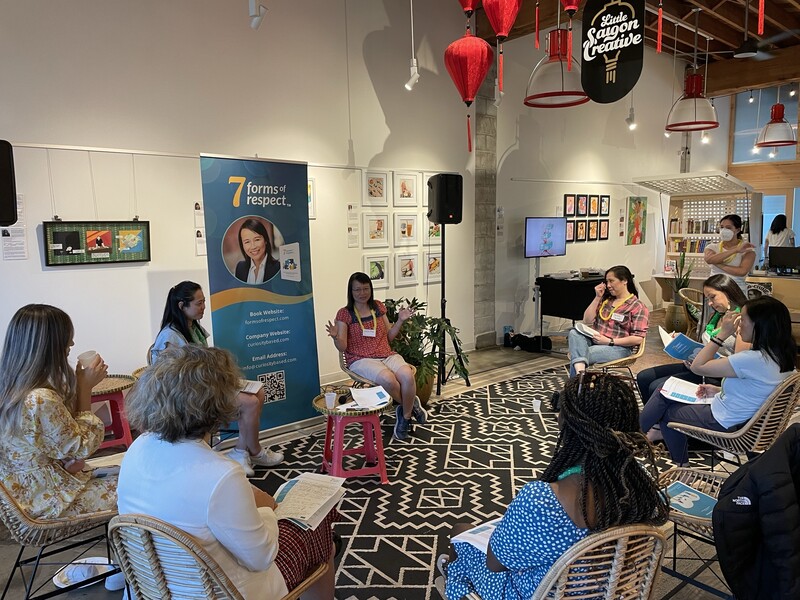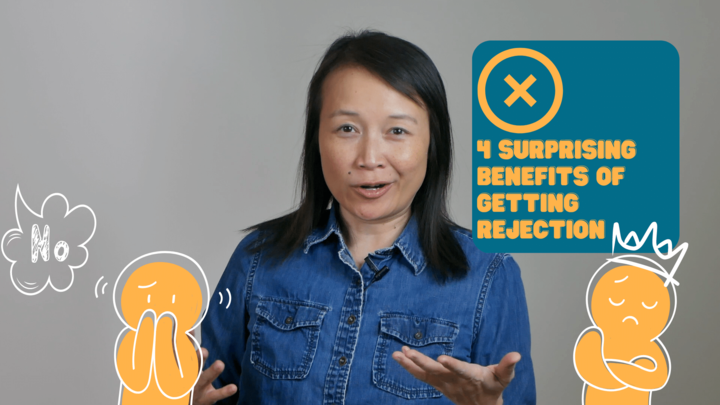When someone hurts, disappoints, or frustrates you, it’s easy to assume you know their intentions and motives. This assumption can prevent you from truly understanding their actual intentions and can lead to denial, passiveness, misunderstanding, and resentment. Taking the time to understand why learning someone’s intent matters allows you to build trust, foster empathy, and strengthen relationships.
Some people say, “Just assume good intent,” but this approach can sometimes hinder our efforts to understand the real intent behind someone’s actions. The difference between good and bad intent often depends on whether we like or trust the person involved.
For example, let’s consider Bob and John. If Bob, whom I like, uses a term I find hurtful, I might assume he had good intentions and choose not to address it. However, if John, whom I don’t like, uses the same term, I might assume he had bad intentions and complain about him to others. In both cases, I’m not making an effort to understand their actual intentions.
If I took the time to understand their intentions, I could deepen our relationships and learn from one another. Often, people aren’t aware of their own intentions and act automatically. Engaging in a conversation helps them become more self-aware and helps us understand our own reactions better.
To start understanding someone’s intentions, use clarifying questions.
Here’s how to approach it:
- Recap the Situation: Explain what happened and how it affected you. It doesn’t matter if you assume their intentions are good or bad; the approach remains the same. For instance, you could say, “I noticed you used a term to describe Asians that I find hurtful due to its negative connotation.”
- Ask Clarifying Questions:
- “Are you open to having a discussion about this?”
- “I’d really like to understand where you learned that word.”
- “I’d like to understand why you chose to use that word.”
Instead of reacting with anger or judgment, practice curiosity to better understand the person’s intentions.
I hope these strategies help you enhance your personal growth, emotional intelligence, and interpersonal skills. If so, please like it and share on social media.








Leave a Reply